5 Questions with Rodenbach Brewmaster Rudi Ghequire
The art of brewing beer varies by region, brewer and brewing style. Many brewers find their niche in one style or art-form, craft their beer to perfection and become famous for it. That’s the case for esteemed Rodenbach Brewery in Roeselare, Belgium, which brews oak foeder-aged sour Ales that have led the way for the category for almost two centuries. Their most popular offering is the simply named Rodenbach Classic, a standard-bearer Flanders red Ale that effuses the precision and expertise of Rodenbach’s master blenders and brewers.
Perhaps Rodenbach’s most well-known brewer is Rudi Ghequire. A Rodenbach brewmaster since 1982, Ghequire has walked the hallways in their massive foeder-filled brewhouse more times than he can count. Foeders are special to Rodenbach and they are special to Ghequire. Yet, many beer drinkers, myself included, are not fully aware of the magic of foeder-aged beers, the flavors that blending foeder-aged beers creates and the expertise needed to delicately create these offerings. To find out more about foeders and what makes Rodenbach’s foeder program special, I asked Ghequire five questions.
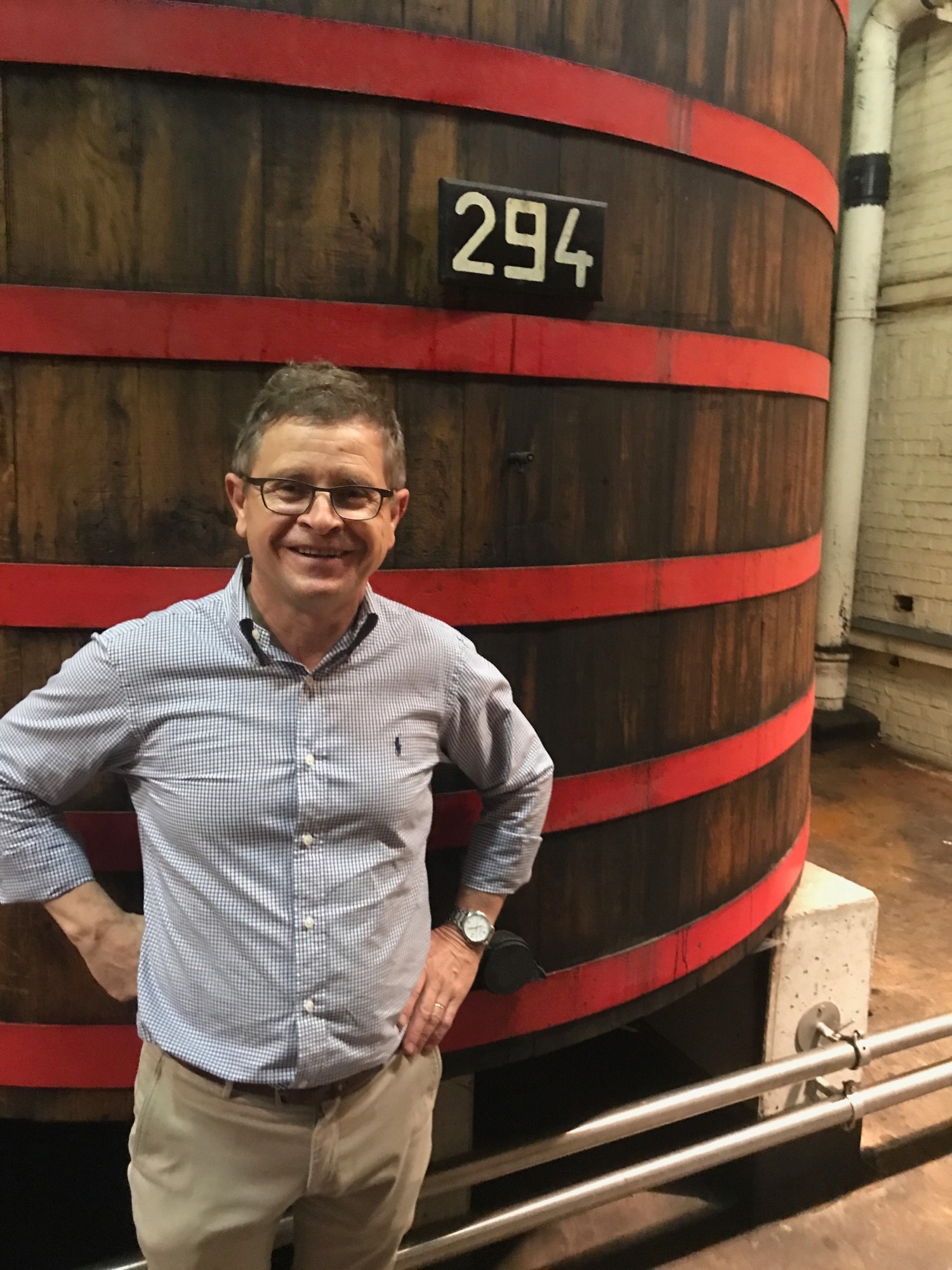
First off, how do you pronounce “foeder”?
It is in origin a French word “Foudre” that is then translated in Flemish as “Foeder.” *Pronounced “Food-er”*
How does Rodenbach manage their foeder system? What’re some of the tips and tricks you’ve learned along the way?
“We work daily with our two coopers (Coopers are ‘craftspeople who produce the staved wooden vessels used to mature all manner of alcoholic beverages’) who maintain and manage the foeder system together with the brewmaster, brew engineers and brewery lab.”
Describe Rodenbach’s brewing process when aging beers in foeders? How’s it similar or different than brewing a typical beer?
“The Rodenbach brewing system of mixed fermentation [has been around] since the middle ages in our brewery [and is used for] brewing beer the whole year round by blending a part of old, matured beer with fresh, brewed beer to reduce the acidity level in the blended beer—[it’s] comparable with a white wine. So, we will be preserving against spoilage without the use of hops and the result is a fruity, tasteful and refreshing beer without hop bitterness.”
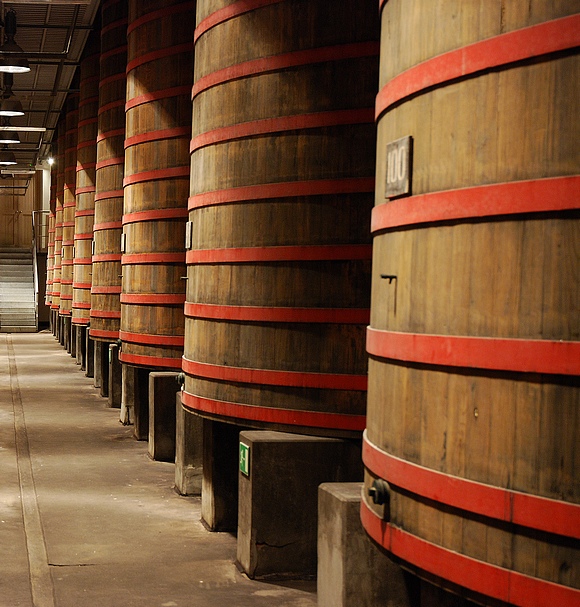
How do you know when a foeder is working? How do you know when it’s not?
“We know our foeders personally very well and know if they will work. A new foeder will be started up with the best beer culture we have from another foeder in maturation. So, we [have been] doing a positive selection of our foeder cultures for centuries.”
What should drinkers expect from a foeder-aged beer compared to a standard or kettle-soured offering?
“A foeder-aged beer has a volatile sourness that brings much more balance and complexity in a natural way to a historical-based beer. Our production method [is nothing like] kettle sour beers, brewed with a sour mash.”
This interview was edited for clarity and brevity.
*Feature image courtesy of Rodenbach Brewery


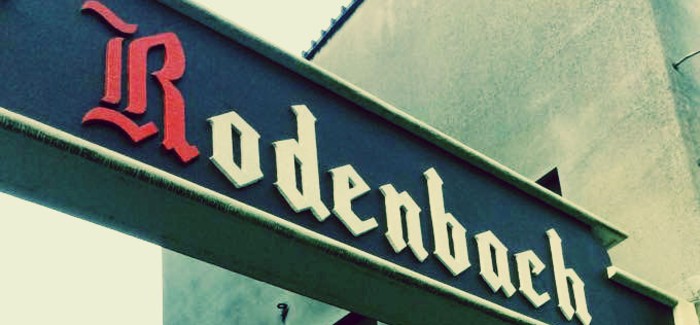


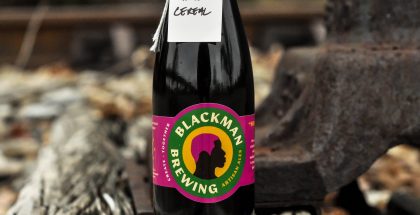
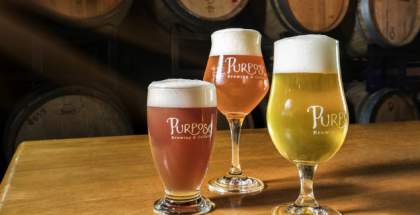
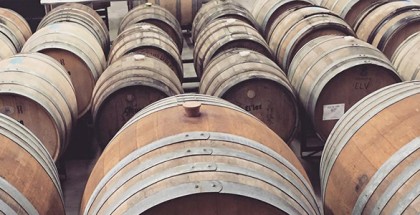
Submit a Comment